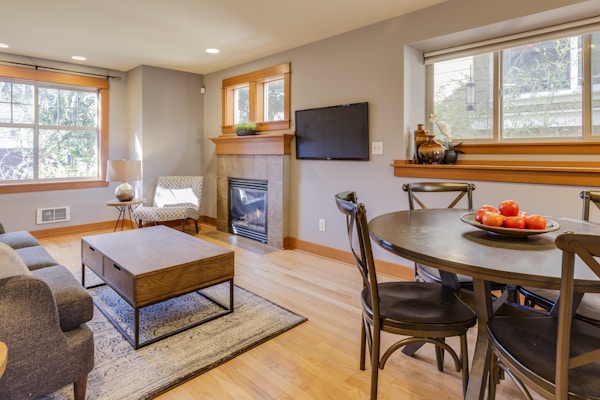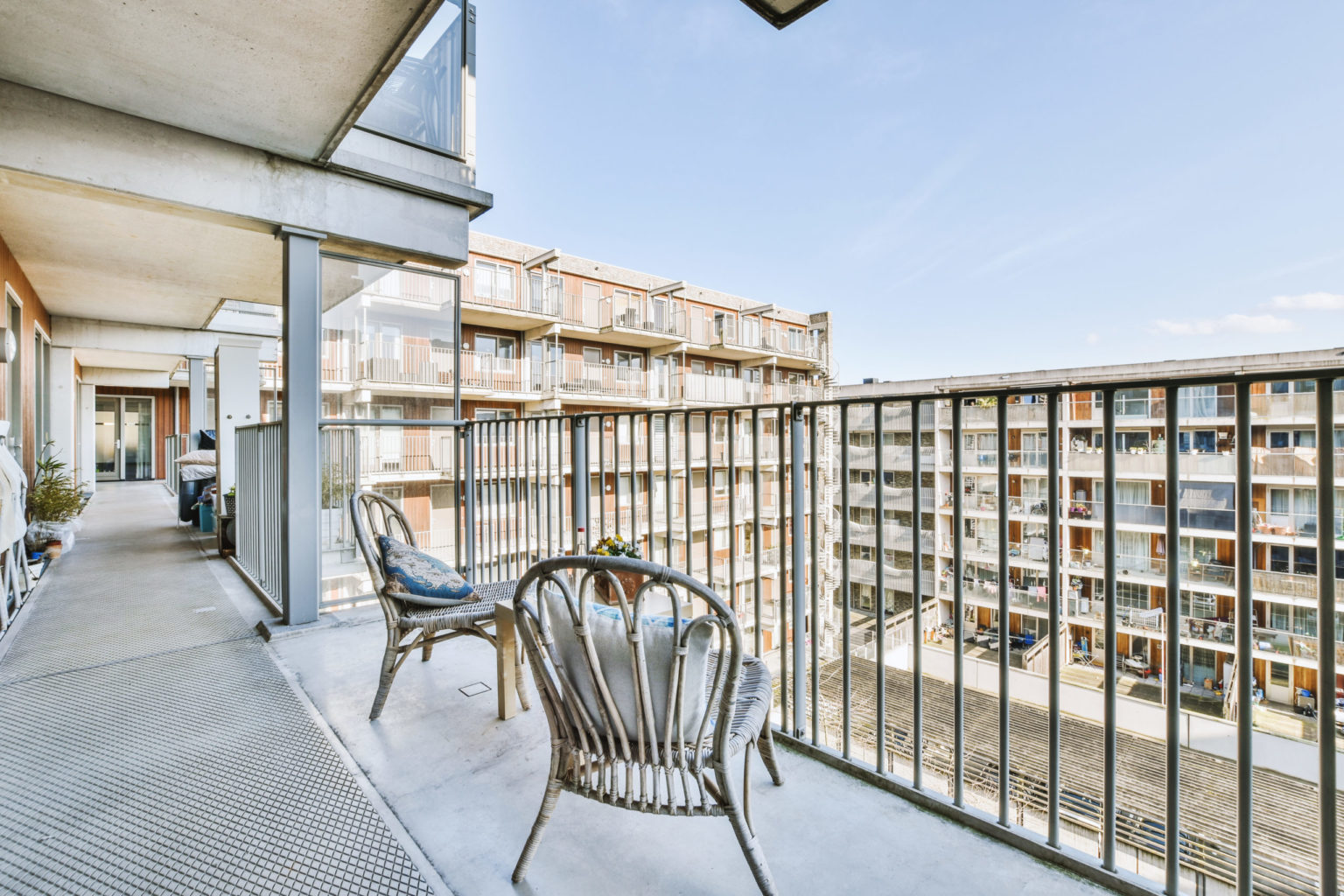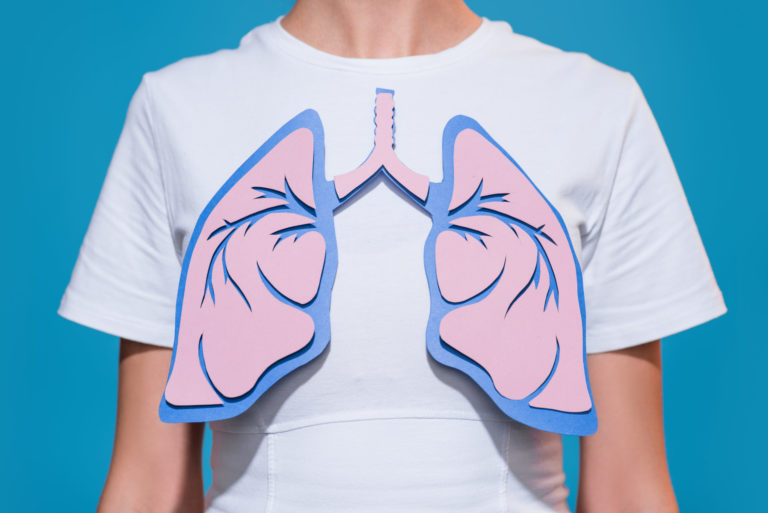When looking into residential programs for different health situations, it’s essential to understand what you can get out of the experience. Residential programs offer different levels of care and accommodations that can help people with various health situations. These programs can provide support and care for people struggling with mental health issues, substance abuse, and other problems. Keep reading to learn more about residential programs and how they can help you or someone you know.
Residential Programs

Residential programs offer various services and support, which can be highly beneficial for disabled individuals or those with chronic illnesses. These programs provide an opportunity to learn new skills, receive support from professionals and other participants, and connect with others who share similar experiences. Most importantly, residential programs provide a safe and supportive environment where people feel comfortable sharing their thoughts and feelings. This setting can be extremely helpful for those struggling with their health or adjusting to a new lifestyle.
A variety of residential programs are available for individuals with different health situations. These programs can provide much-needed support and care for those who need it. For example, some residential programs are specifically designed for people with Alzheimer’s or dementia. These programs offer specialized care and support, as well as activities that help to stimulate the mind and keep residents engaged. They can be critical in helping someone with Alzheimer’s live the best life possible.
There are also many different residential programs for mental illness, each offering unique benefits and features. Some programs are designed for people who require around-the-clock care, while others are more relaxed and allow residents to come and go as they please.
Sober Living
The Executive Transformation Program is a residential program offered by Archway House: A sober living environment that provides a safe and supportive place for men to live while recovering from addiction. The road to recovery must be a priority and requires constant action and personal vigilance. Their home provides an independent environment in which residents commit to appropriate levels of accountability. Archway House also offers the supportive environment of a home owned and operated by sober men for other sober men.
Memory Care
Memory care is a form of long-term care specializing in diagnosing and treating Alzheimer’s disease and other forms of dementia. Memory care communities offer 24-hour supervision and assistance with activities of daily living (ADLs) to those diagnosed with memory loss or cognitive impairment. At Victoria Mews Assisted Living, their Connections program is designed specifically for residents with Alzheimer’s and other related forms of dementia. This intimate, family-oriented unit features suites that are secure enough to provide individualized care that focuses on the unique needs of seniors progressing through various stages of dementia. Memory care aims to provide a safe, supportive environment where residents can feel comfortable and secure while receiving the necessary level of assistance and supervision.
Mental Illness

Residential treatments for mental illness are programs that provide care for people with severe and persistent mental illness. The program’s goal is to provide a safe and therapeutic environment for the individual and support for their families. Treatment programs typically last from 6-12 months but may be longer depending on the needs of the individual. During this time, the person will live in a group home setting and receive therapy and support from staff trained in mental health issues. The residential treatment program can be helpful for people with mental illness who have not responded to traditional outpatient treatment. It can also help them learn how to live independently once they leave the program.
Residential programs play an essential role in the overall health of different populations. They provide necessary support and care to those who need it and help to improve the overall health of those who participate.












